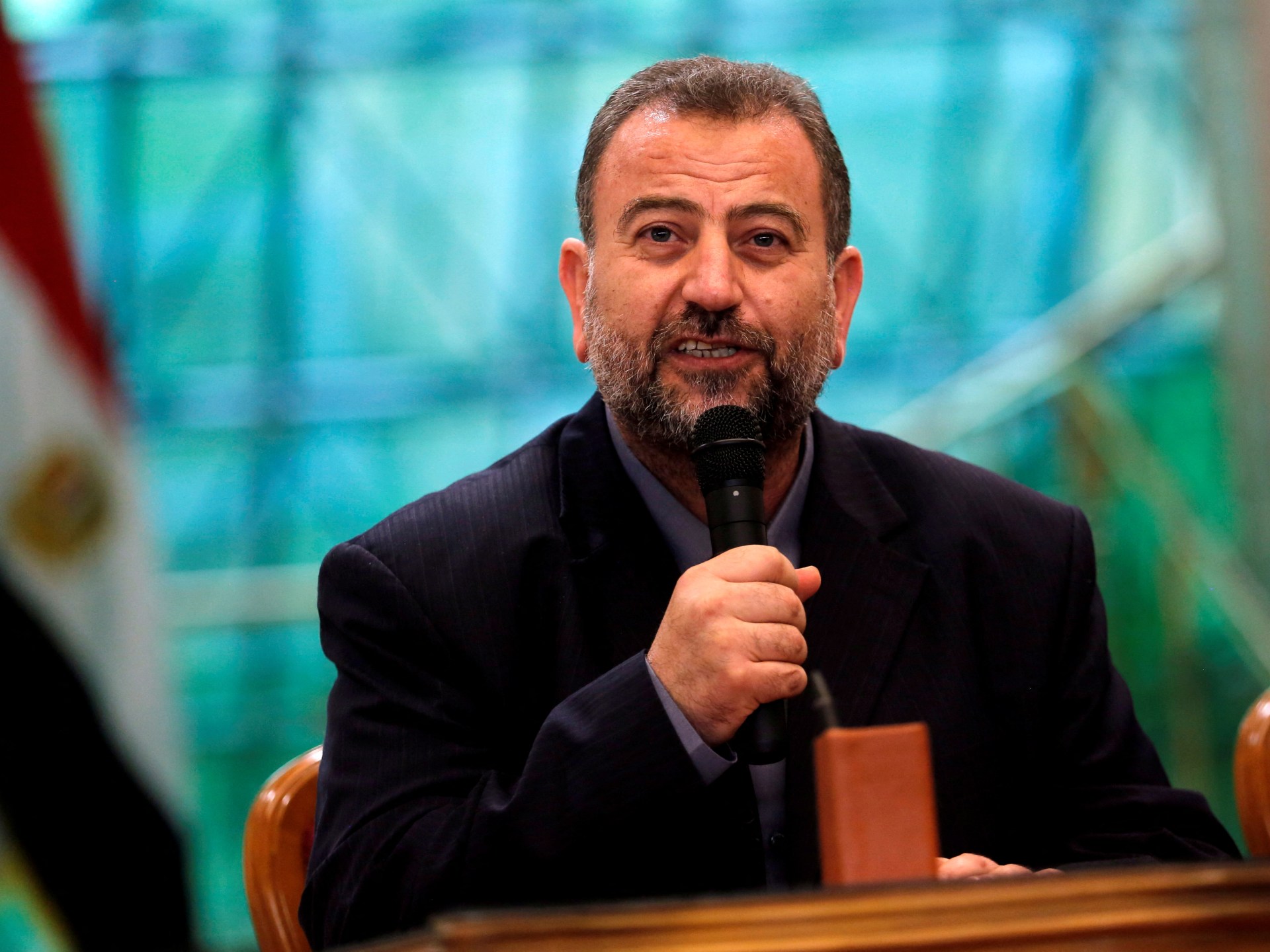
Ade Lukmanul Hakimmm/Ulil Azmi/Shutterstock
On November 19th, Argentina stands at a critical juncture, torn between two starkly contrasting political paradigms. In this momentous decision, Argentines will weigh the continuation of the established Peronist dynasty, now under the leadership of the country’s current Minister of Economics, Sergio Massa, against a radical shift towards libertarianism embodied by Javier Milei. Milei, a fervent advocate for cutting public spending, reducing taxes, privatizing state-owned enterprises, and adopting the US dollar as the local currency, represents a departure from the status quo. Paradoxically, in a nation grappling with a staggering 124% annual inflation rate (the third highest in the world), interest rates soaring at 133% (the highest globally), and nearly 41% of the population mired in poverty, it is the Peronist camp that appears to be leading in the polls. While on the surface, it may seem like Argentina is suffering from a form of political Stockholm syndrome, where the architects of its economic downturn are favored for re-election, a deeper analysis reveals the intricate dynamics of realpolitik shaping this electoral landscape.
Argentina’s decline has been nothing short of remarkable, even to its own citizens. At the dawn of the 20th century, Argentina ranked among the world’s wealthiest nations in terms of GDP per capita. It attracted waves of German, Italian, and Spanish immigrants seeking a prosperous future. With its opulent infrastructure, an expanding and educated middle class, and a booming trade sector, Buenos Aires was often dubbed the “Paris of South America.” Endowed with abundant natural resources and strong political institutions, Argentina appeared poised to become South America’s first superpower.
Fast forward to 2023, and Argentina’s economy is marked by despair and disillusionment, and a subject most Argentines would rather avoid. Over the past four decades, for every two years of growth, the country has endured one year of recession. GDP per capita languishes far behind its neighboring nations, and this year alone, the peso is on track to become the world’s most depreciated currency, forcing Argentines into de facto dollarization of their savings and transactions.
Numerous explanations have been given for Argentina’s extraordinary cycle of boom and bust, but the common denominator has always been its politics. Specifically, the succession of populist governments has systematically dismantled institutions and eroded checks and balances, turning these actions into a kind of sporting event. Over the last three decades, this has manifested chiefly through heavy taxation, which contracted the private sector, juxtaposed with a dramatic expansion of the welfare state. This has created a vicious cycle in which voters become increasingly reliant on the status quo, thus ensuring the re-election of politicians who dispense economic favors to their constituents.
Social welfare, which now benefits over half the population, clearly exemplifies this manipulation of the electorate. Potenciar Trabajo, a cash transfer program introduced in 2020 with the aim of formalizing casual labor, boasts over 1.3 million beneficiaries. However, a mere 1.2% of recipients have successfully secured formal employment through the program. Furthermore, according to the Inter-American Development Bank, “administrative inefficiencies” (a euphemism for corruption) account for over 7% of GDP due to leaks in welfare transfers, wasteful public procurement, and inflated employee remuneration. Despite their inefficiency, these welfare transfers persist because they are indispensable to the political machinery. Middlemen responsible for dispensing these handouts ensure that recipients vote for the party responsible for the program, employing a range of tactics, from prominently displaying candidate banners during benefit distribution to organizing mass transportation of voters to polling stations. Just recently, a middleman was apprehended in Buenos Aires province while withdrawing money with 48 different debit cards belonging to local legislators. Police suspect his actions were orchestrated by politicians seeking to purchase votes.
In addition to clientelistic welfare, the public sector has become another vehicle for electoral manipulation. Argentina now boasts the highest public employment rate in the region, standing at 20%, and this figure has steadily risen over the past decade. Unsurprisingly, the union representing these public sector workers is a close ally of the Peronist movement and wields substantial influence during elections.
While these mechanisms are not new to Argentine politics, this current election has seen even more innovative approaches. Facing the possibility of losing power after the primaries, with only 33% of the vote, the incumbent Peronists resorted to more creative propaganda on the potential consequences of Milei’s proposed fiscal reductions. Days before the election, screens at train stations, which typically display arrival and departure times, began showing projected fare increases that travelers would purportedly face under a Milei administration. Intellectuals and public figures aligned with the incumbent administration turned to social media to implore voters to support Massa to avert a “social and economic catastrophe.” Notably absent from their posts was any mention of the ongoing and escalating economic crisis, which Massa, as Minister of Economics, is ostensibly responsible for managing.
Irrespective of the election’s outcome, Argentina’s path forward promises to be fraught with challenges. One can only hope that Argentines can make their choice freely and with a clear understanding of the consequences.
Further Reading on E-International Relations
About The Author(s)
Nico Maffey is a development economist from Argentina, having served as consultant for the World Bank, Inter-American Development Bank, and McKinsey & Co. He was previously Director for Economic Development for Buenos Aires. He holds a BA from Harvard College and Master’s in International Development from the Harvard Kennedy School of Government.
Before you download your free e-book, please consider donating to support open access publishing.
E-IR is an independent non-profit publisher run by an all volunteer team. Your donations allow us to invest in new open access titles and pay our bandwidth bills to ensure we keep our existing titles free to view. Any amount, in any currency, is appreciated. Many thanks!
Donations are voluntary and not required to download the e-book - your link to download is below.

 Movie
Movie 5 months ago
125
5 months ago
125 






![Presidents Day Weekend Car Sales [2021 Edition] Presidents Day Weekend Car Sales [2021 Edition]](https://www.findthebestcarprice.com/wp-content/uploads/Presidents-Day-Weekend-car-sales.jpg)



 English (United States)
English (United States)